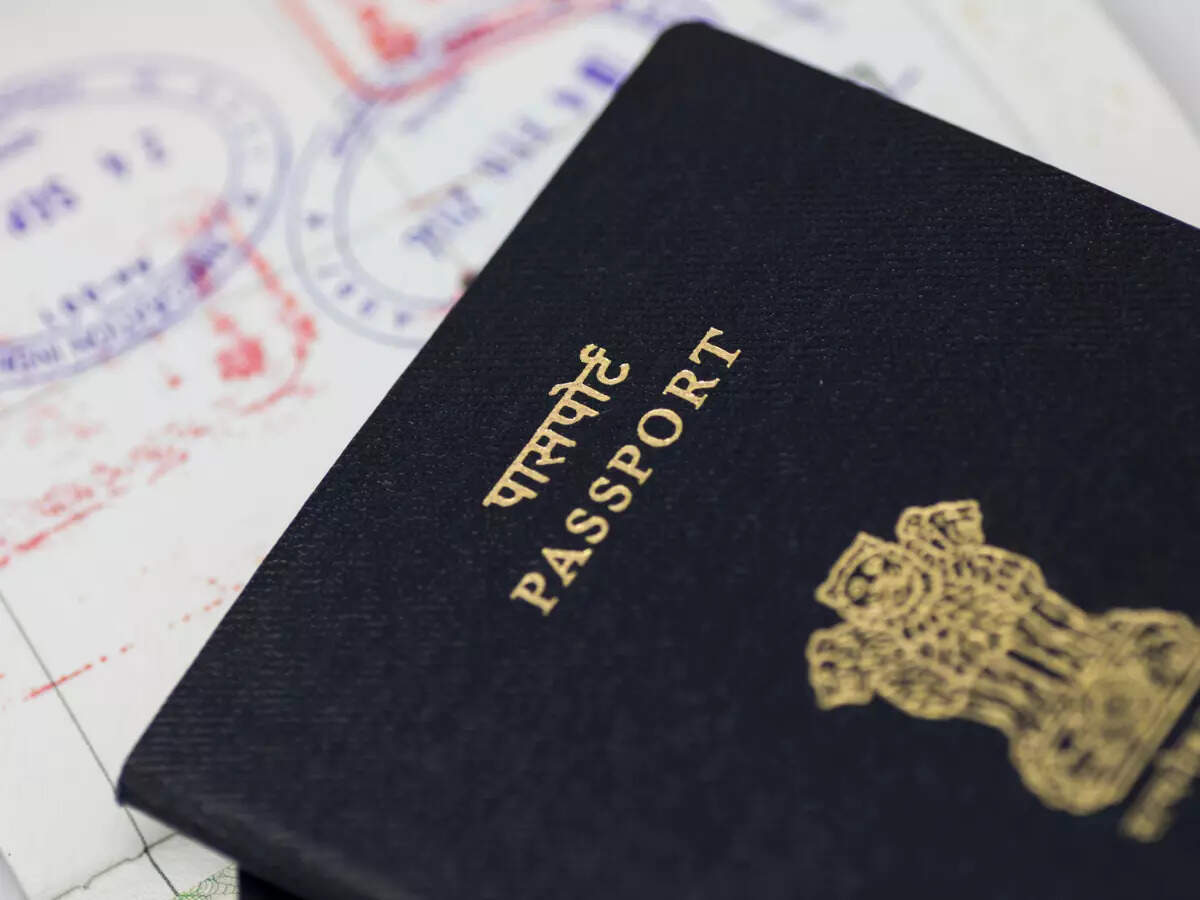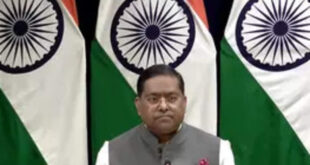[ad_1]

In a world where technological advancements are reshaping every facet of our lives, the conventional notion of passports is undergoing a remarkable transformation. The infusion of blockchain technology into passport systems holds the potential to elevate security measures, optimise operational efficiency, and enhance the overall travel experience for both individuals and governing bodies.
Three-fold challenges in the traditional passport system
These challenges underscore the urgent need for a more innovative and efficient approach to identity verification and travel documentation.
Security vulnerabilities: Traditional passports, reliant on centralised databases and physical stamps, are susceptible to counterfeit and fraudulent activities. Criminal elements can exploit these vulnerabilities, compromising the integrity of the passport system and jeopardising global security.
Cumbersome verification processes: Verification of traditional passports often involves manual checks and complex bureaucratic procedures. This leads to long waiting times at border crossings and airport checkpoints, causing inconvenience to travellers and straining border control resources.
Privacy concerns: Centralised storage of sensitive personal information in traditional passports raises valid privacy concerns. Individuals may feel uneasy about their data being concentrated in one centralised authority, increasing the risk of unauthorised access or misuse.
How Blockchain Technology can save the day
Blockchain technology offers a compelling solution to address the aforementioned challenges in the traditional passport system. With its unique attributes of decentralisation, immutability, and cryptographic security, blockchain has the potential to transform the way we handle identity verification and travel documentation.
By utilising blockchain for storing passport data, we create an indelible record, virtually eliminating security vulnerabilities and ensuring tamper-proof information. Smart contracts automate verification processes, slashing waiting times and significantly enhancing efficiency. The decentralised identity management feature of blockchain empowers individuals, addressing privacy concerns and providing control over personal data. Moreover, embracing this digital solution reduces paper waste, aligning with sustainability goals, and making blockchain technology the beacon of hope for a redefined, secure, and streamlined travel experience.Unparalleled security through Blockchain
Harnessing the cryptographic capabilities inherent to the blockchain, personal and biometric data stored in these passports is rendered tamper-proof and exceptionally secure. The decentralised nature of blockchain ensures that any unauthorised alterations or access attempts are virtually futile, creating an impregnable shield around sensitive identity information.
According to a report by Accenture, identity fraud costs the global economy over USD 5.2 trillion annually. Blockchain’s cryptographic algorithms can significantly mitigate this threat, ensuring that travellers can embark on their journeys with confidence, knowing their identity data is safeguarded.
Streamlining verifications for expedited travel
Current passport verification processes often present travellers with cumbersome and time-consuming procedures, leading to avoidable delays and frustrations. The integration of blockchain-based passports promises to streamline this experience by enabling instant verification of identities and travel permissions.
Statistics indicate that travellers spend an average of 1-2 hours waiting in immigration lines during international travel. Implementing blockchain-based passports can potentially reduce this time by up to 60%, enhancing the overall travel experience and positively impacting the travel industry.
Empowering individuals with decentralised identity management
Blockchain-based passports empower individuals to have greater control over their identities and personal data. Travellers can selectively share specific details, enhancing privacy and reducing the risk of identity theft or misuse. This innovative approach aligns with the growing demand for decentralised identity management.
A study by IBM found that 74% of consumers would prefer having the ability to manage their online identities. Blockchain passports cater to this demand, offering a practical solution that not only meets security requirements but also aligns with evolving consumer preferences.
Enhancing inter-agency collaboration
Blockchain facilitates seamless collaboration between different government agencies involved in the passport issuance and verification processes. The distributed ledger allows for real-time updates and sharing of information across authorised entities. This not only enhances security but also streamlines administrative operations, resulting in a more efficient and agile system.
According to a McKinsey report, efficient inter-agency collaboration could reduce operational costs in public administration by 20-30%4. Blockchain-based passports can serve as a catalyst for achieving these efficiency gains, ultimately benefiting both governments and travellers.
Embracing a sustainable future
The shift towards blockchain-based passports is not only technologically progressive but also environmentally conscious. By digitising passport data and minimising the need for physical documents, we contribute to reducing paper waste and the associated environmental footprint. This aligns with the global endeavour to promote sustainability in all aspects of life.
To conclude, Blockchain-based passports represent a paradigm shift in the world of travel. They promise enhanced security, streamlined processes, decentralised identity management, efficient collaboration, and a sustainable future.
As governments and travellers increasingly recognise these advantages, it’s only a matter of time before blockchain-based passports become the new global standard, revolutionising travel as we know it. This technology doesn’t just address current issues; it also aligns with global sustainability efforts by reducing paper waste.
The author is Co-Founder, Spydra Technologies.
DISCLAIMER: The views expressed are solely of the author and ETTravelWorld.com does not necessarily subscribe to it. ETTravelWorld.com shall not be responsible for any damage caused to any person/organisation directly or indirectly.
Source link






